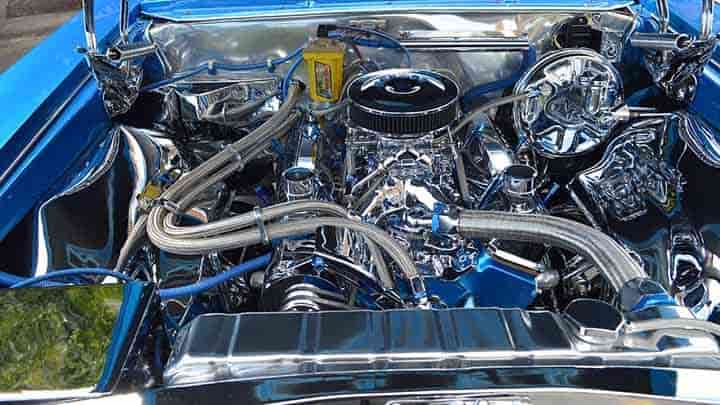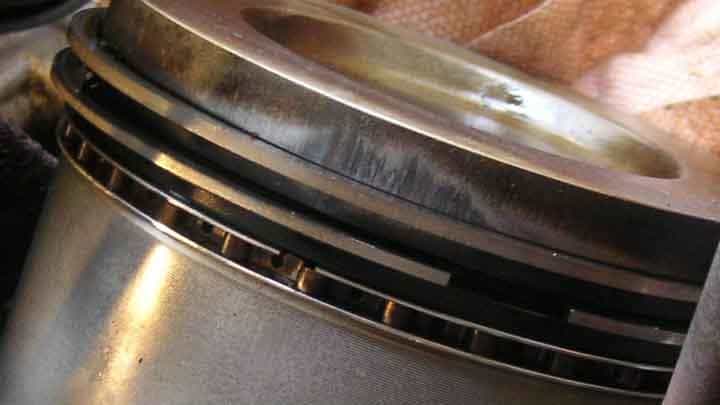Last Updated on May 5, 2019 by themechanic

All the pumps at a gas station typically have 3 gasoline options; premium, regular unleaded, or super unleaded. Most people choose regular unleaded because it is the cheapest type of fuel you can purchase for a vehicle. But you must have a gasoline engine if you’re going to choose regular unleaded or either of the other two fuel types. If you have a diesel engine and you add gasoline to it, then it can cause a lot of problems.
Always look for the “diesel fuel” option at any gas station you go to. Not all the pumps will have diesel fuel available in them, though. There may only be a couple of special pumps that carry the diesel fuel option. Use these pumps to fill your diesel engine with fuel rather than any of the others.
5 symptoms if you put gasoline in diesel engine
If you really want to know what happens if you make the mistake of adding gasoline to a diesel engine, below are the top 5 symptoms that will arise from this.
1) Damaged Fuel System Components
A vehicle with a diesel engine has its own unique fuel system for processing the fuel. Components like the fuel pump, fuel filter, and fuel injectors are all made to handle the specific attributes of diesel fuel, such as its class and weight. But if you were to add gasoline into your diesel fuel tank, it’ll cause these components to get damaged as soon as you turn on your engine. They just will be unable to process the fuel because of its differing attributes. The result will be a total fuel system failure.
2) No Ignition
The ignition process of a diesel engine is much different than it is in a gasoline engine. There are no spark plugs used for the combustion process of a diesel engine. Instead, the diesel engine uses compressed air to generate the heat which ignites the diesel fuel. However, gasoline fuel won’t ignite properly if it were added to your diesel engine’s hot compressed air.
3) Shockwave
The reciprocating components of your diesel engine will be destroyed by a shockwave if you add gasoline to it. All the pistons, wrist pins, and rods will be overwhelmed by the unnatural ignition that occurs when gasoline is injected into compressed hot air. They will no longer be able to function from that point forward.
4) No Lubrication
Your diesel engine’s components need lubrication like they would in any other engine. The difference here is that diesel fuel acts as a lubrication source for these components. Gasoline, on the other hand, does not have any lubricating properties to it. If gasoline were to flow into your diesel engine’s components, they would not be lubricated at all. This would cause a lot of friction and heat to generate in a short amount of time.
Read also:
- Common Causes of Black Smoke in Common Rail Diesel Engines
- Diesel Engine vs Gasoline Engine Comparison
- Common Rail Diesel Engine: Working Principle, Pros and Cons
5) Total Engine Damage
After the first 4 symptoms take place, the final symptom will be permanent damage to the entire engine. If you were to quickly notice that you accidentally put gasoline in your diesel engine, there may be time to do something about it. Just have your vehicle towed to the nearest mechanic and have them extract the diesel fuel from your tank.
But if you try starting your vehicle and allow the gasoline to flow into your diesel engine, it won’t take much longer after that for all these symptoms to take place. Then once your engine is permanently damaged, you’ll need to spend over $5,000+ to replace it. Depending on the age of your vehicle, it may be cheaper to just replace your entire vehicle with a brand new one.


